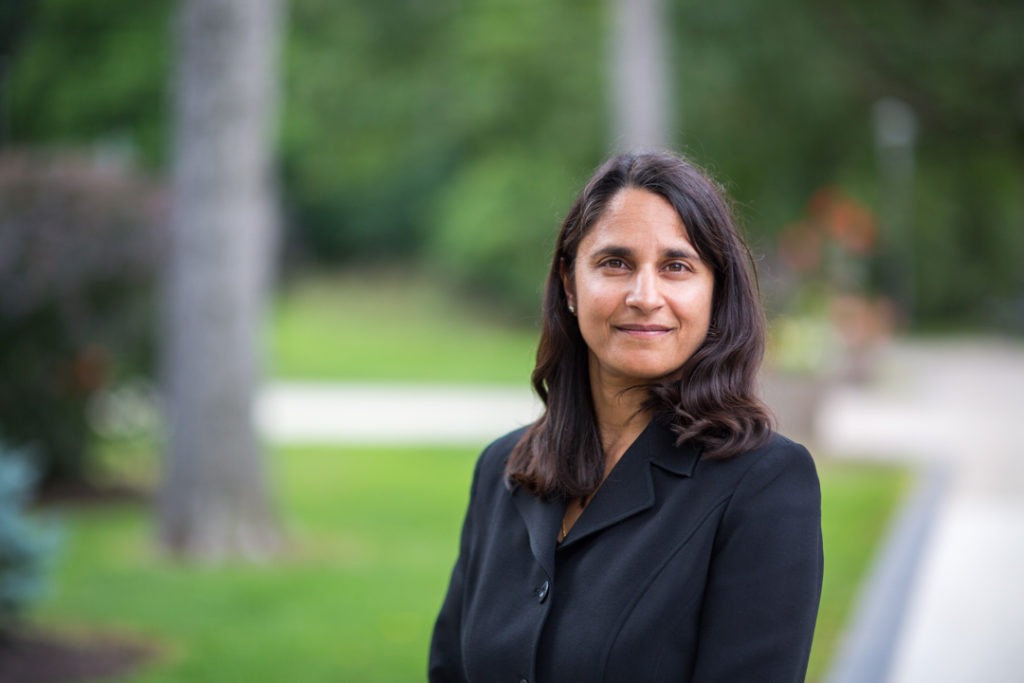
Simple risk score can help predict stroke
Hamilton Health Sciences (HHS) researchers have discovered that a simple cardiac risk score can predict the risk of a serious stroke in people with no family history.
A team led by Dr. Sonia Anand (pictured above), a vascular medicine doctor at HHS and researcher at the Population Health Research Institute (PHRI) of HHS and McMaster University found that a score based on factors like blood pressure, diabetes, smoking, abdominal fat, and dietary factors is linked to issues of the blood vessels in the brain, like artery plaque and ‘silent’ strokes. These issues can lead to more serious health events like major stroke.
The study is one of the largest magnetic resonance imaging (MRI) cohort studies in North America and was designed to understand the risk factors that make a person more likely to develop issues of the brain’s blood vessels. It’s part of the larger Canadian Alliance for Healthy Hearts and Minds Cohort Study, also led by PHRI researchers.
“Screening and treatment of cardiovascular risk factors can prevent these diseases from developing.”
Dr. Anand and her colleagues studied 7,549 adults, over half of whom (55 per cent) were women, from across Canada.
In the study, participants without a history of heart disease or stroke but whose MRI scans showed signs of “pre-clinical” disease matched with a certain score on the risk scale. Because people don’t typically receive MRI scans unless they show signs of disease, the risk score offers the opportunity to detect problems before they occur and treat the person accordingly, minimizing the future risk of serious issues like stroke.
“These results show that disease of the carotid arteries and silent strokes, which are not clinically apparent, are more frequent in men and women who have more risk factors for cardiovascular disease,” said Dr. Anand.
“This means that screening and treatment of cardiovascular risk factors can prevent these diseases from developing.”
The study was supported by the Canadian Partnership Against Cancer, the Heart and Stroke Foundation, and the Canadian Institutes of Health Research.
